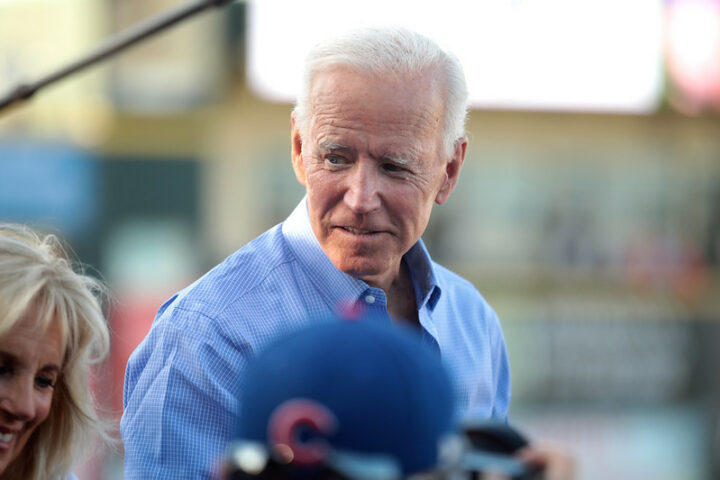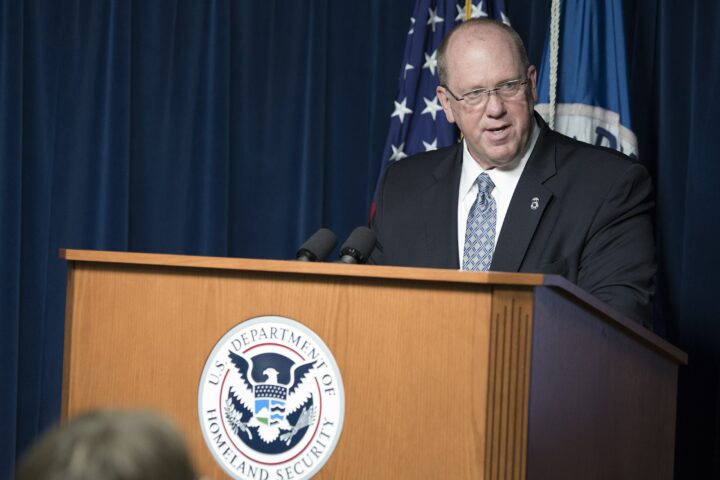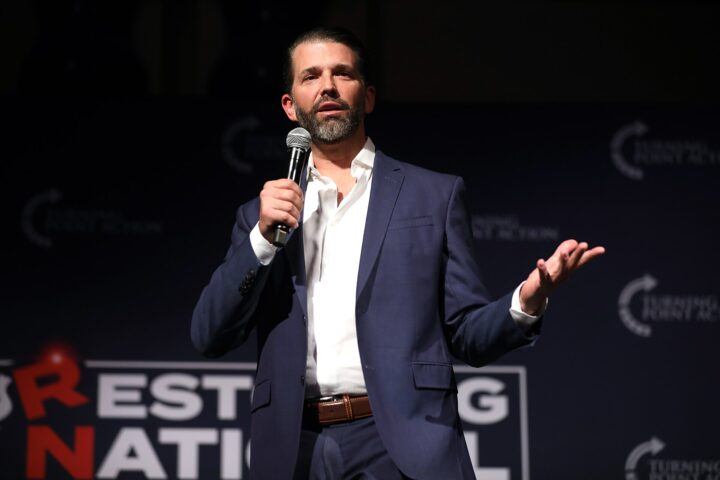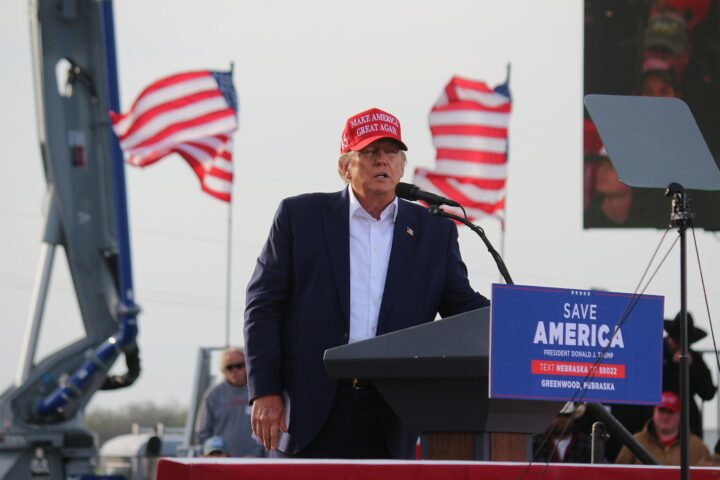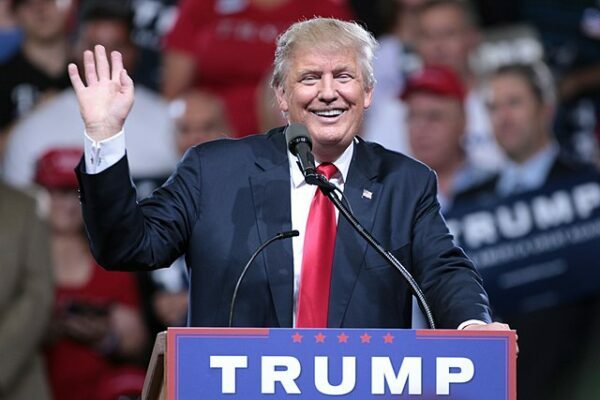One of Donald Trump’s cabinet picks may have a difficult time gaining Senate support, and it’s not the one you’d think. Tulsi Gabbard, a former congresswoman from Hawaii and President Trump’s nominee for Director of National Intelligence, is facing significant challenges during her Senate confirmation meetings. Senators have questioned her qualifications and readiness for the high-stakes intelligence role have emerged during meetings with lawmakers, casting doubt on her ability to gain approval.
Sources familiar with these meetings describe her performance as underwhelming, according to The Hill. One characterized her approach as “shallow,” raising questions about whether she can effectively deliver critical intelligence briefings to the president. A Senate Republican noted that several meetings felt like “BS sessions,” with many lawmakers reportedly leaving unimpressed.
Two Senate Republicans also echoed the concerns, with one noting that multiple members who have sat down with the former Democratic Hawaii congresswoman have come away unimpressed thus far.
“I’ve heard that she’s not very well prepared. … I’ve heard not great things,” the Senate GOP member said, describing them as “BS sessions.”
The second Senate Republican added there have been “a lot of eyerolls” from members who have sat down Gabbard early on.
Another source familiar with her meetings on the Hill said senators were “likely inclined not to like her from the beginning.”
A Senate GOP aide whose member has met with Gabbard said the poor meetings she’s had “don’t make it easy” for her to win votes, adding, “she’s got some work to do if she wants the job. The more she meets with serious people, the more they’ll see there’s a competency deficit.”
Much of the criticism of Gabbard’s nomination has centered on her controversial foreign policy positions, particularly her 2017 meeting with Syrian President Bashar al-Assad and a defense of Edward Snowden. Additionally, her perceived alignment with Russian narratives about the Ukraine conflict has raised concerns among senators who strongly back U.S. support for Ukraine.
Another point of contention is Gabbard’s opposition to reauthorizing FISA Section 702, a key surveillance tool used to monitor foreign nationals. A Republican Senate aide remarked that Gabbard will need to explain how she intends to support a program she has consistently opposed in the past.
Despite these criticisms, some lawmakers see potential in Gabbard. Senator Markwayne Mullin of Oklahoma called her a “straight shooter” and praised her determination, suggesting that her perspective could bring value to the role during an interview on CNN. However, he acknowledged that Gabbard must work to earn the trust of skeptical colleagues.
The Trump transition team has pushed back against the negative reports, releasing a statement highlighting praise from Bernard Hudson, former CIA director of counter-terrorism. Writing in The National Review, Hudson commended Gabbard’s “experience, temperament, and professional integrity,” stating she was well-suited to earn the trust of the American people in intelligence matters, which needs to be repaired.
“This erosion of institutional trust has been fueled, in part, by some of the spectacularly wrong calls the U.S. intelligence community has made over recent years. Its assessment that there was an active weapons of mass destruction program in Saddam Hussein’s Iraq set in motion two decades of regional instability. Its prediction that the removal of Libya’s Qaddafi would improve regional stability resulted in years of civil war in that country and a torrent of refugees to Europe. Its assessment that the Afghan government could sustain itself once American bayonets departed fell apart when that government collapsed within a long weekend.
These failures have had real, lasting effects on the security and credibility of the United States, as it seems to have effectively pioneered militarism without victory. Compounding this is a sense by many Americans that the security services are immune from consequences when systemic failures occur.”
Hudson criticized the “elite national security establishment” for clinging to an outdated consensus, aligning with former President Trump’s skepticism of the traditional intelligence community. He also emphasized Gabbard’s credentials as a career public servant and combat veteran who served in Iraq.


